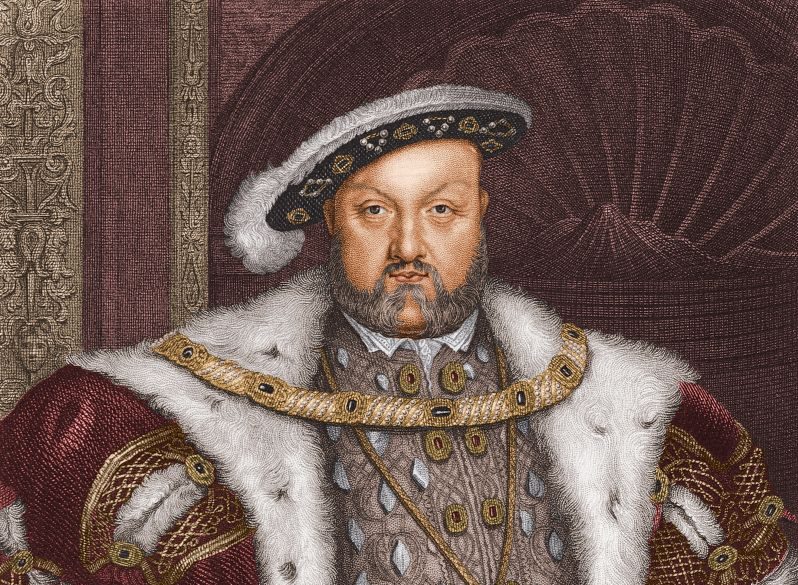Now we have a Labour government, it would be nice to feel repertory will return to the National Theatre. It used to be possible to come to London for a week and see six plays. Audiences loved it. New writing spoke to old in ways which enriched both. Today, you’re more likely to see Ibsen, O’Neill, Molière and Marlowe in the West End. What happened to the library of world drama? The new practice is to offer only a couple of straight runs, sometimes first-rate. So there’s nothing to stop any random producer saying: ‘Hey, the Lyttelton seems to be empty this autumn, can I hire it to do one of my shows?’ Shaw and Granville Barker wanted to assert that theatre was art, not commerce. The model was European, not American. The excuse given for abandoning repertory is that it’s too expensive. But that depends on your priorities. If you want it enough, you can budget to make it happen. The National Theatre isn’t presenting nearly enough work. Diversity thrives on amplitude. Just like the British economy, the theatre will only prosper by expanding. If anyone argues that actors will no longer stay a year and do four shows, tell them: the National isn’t there to surrender to the culture, it’s there to change it.
Although Sunday’s demonstrations in Tel Aviv were rooted in tragedy, they also represented a triumph – a rare moment of encouragement for those of us who can hold more than one idea in our heads at any one time. The protestors despise Hamas, but they loathe and distrust Benjamin Netanyahu, Itamar Ben-Gvir and Bezalel Smotrich equally. The Israelis commemorate 7 October, but the Palestinians refer to 8 October. They can’t even agree a date. Most western commentary is hobbled by partiality and exaggeration. The minimum qualification for any decent contribution is not just to express but genuinely to feel respect for suffering on both sides. Because I wrote Via Dolorosa, I have been asked a lot to opine. I answer that I’m sure everyone in the region is fascinated by our views – gagging for them – but the bereaved, the displaced, the wounded and the innocent need our money rather more. When you’re about to open your mouth, send cash first.
My friend William Boyd has written a luxurious new spy novel, Gabriel’s Moon. However, the ending is left deliberately open. Why? Because Boyd has been commissioned to write three novels with the same hero. It seems even novels are becoming pilots. When I was on a prize-giving panel with Margaret Drabble, she insisted that only boys like spy stories, because they’re about derring-do. Girls prefer detective stories, because they’re about psychology. This may be true of who writes them – Agatha Christie, Ngaio Marsh and Margery Allingham on one side, John le Carré and Len Deighton on the other – but is it true of readers? The argument doesn’t say much for men, since spying depends on pretence, dishonesty and subterfuge, vices which, as a man, I acknowledge. But murder mysteries are about suppressed fury and violent malice, so maybe the theory is not great for women either.
For over three years, I’ve been fighting to become French. My dog managed it in 24 hours, but I can’t. My wife, who has been French all her life, inherited the theoretical right to be Turkish. Until they can find the mislaid piece of paper in Nice town hall in which she renounces that choice, I’m stuck where Boris Johnson dumped me: outside Europe. At one point, I was asked to do a language exam in a roomful of candidates at the French consulate. I wrote back saying perhaps they might think me arrogant, but I’d last submitted to sitting at a school desk with a pen and paper in 1968, and, at my age, I couldn’t face it again. The consular official replied: ‘Don’t worry, a certain arrogance isn’t a bad qualification for French citizenship.’
At Lord’s in the early 1990s, I was watching cricket next to a man who introduced himself as Robert Fellowes. He said some kind things, in particular about a trilogy of plays he had admired about the church, the law and politics. It was such a good idea to dramatise institutions, he said. Who was I thinking of doing next? ‘Us?’ he asked. Seeing my bewilderment, he explained he was the Queen’s secretary. I was astonished. This was 30 years ago, remember, when pageant TV wasn’t even a gleam in Netflix’s eye. We spent the afternoon chatting. He was both loyal and indiscreet – a hard combination to pull off. As he got up to leave, Fellowes said: ‘Oh, if you do ever decide to write about the palace, be sure to give me a call.’ Fellowes died in July. What a wholly wonderful man!








Comments